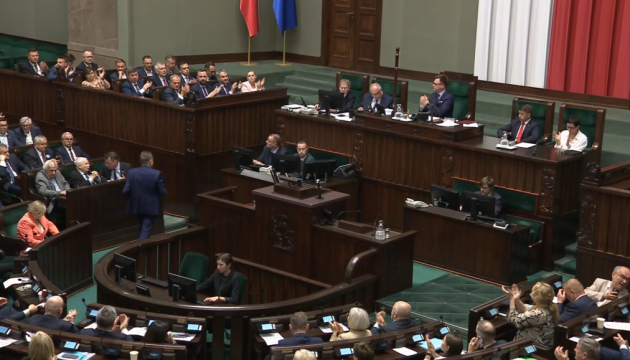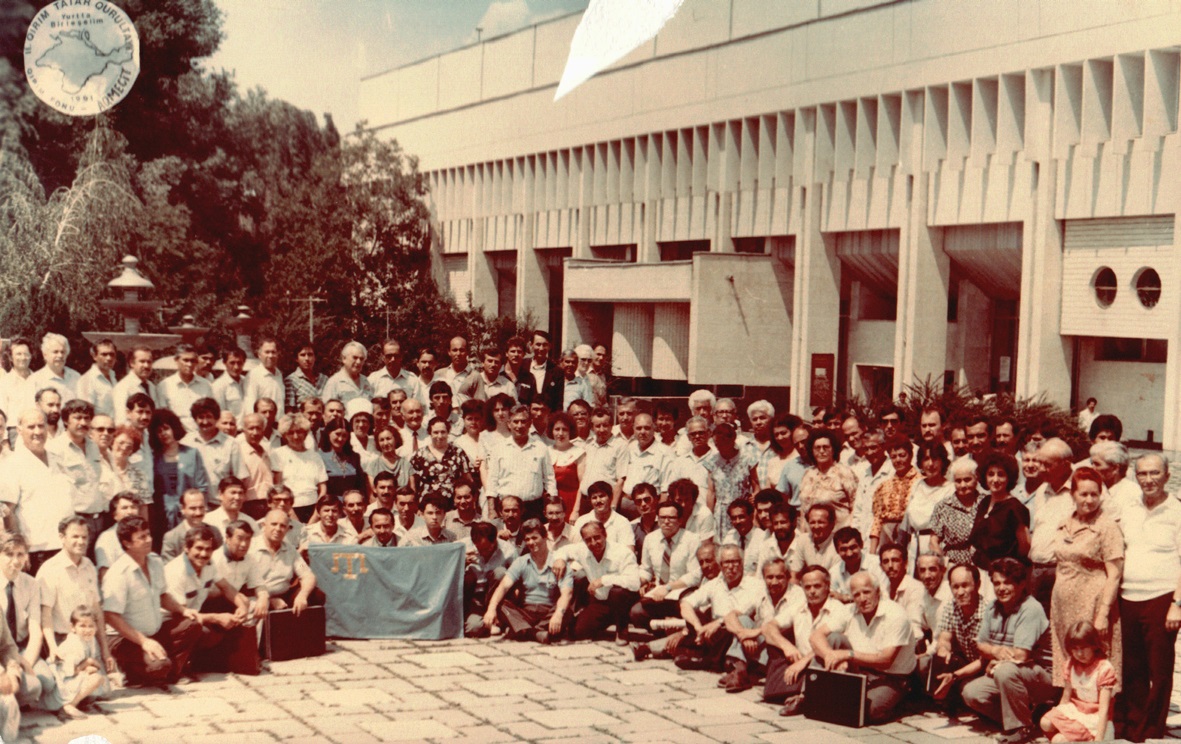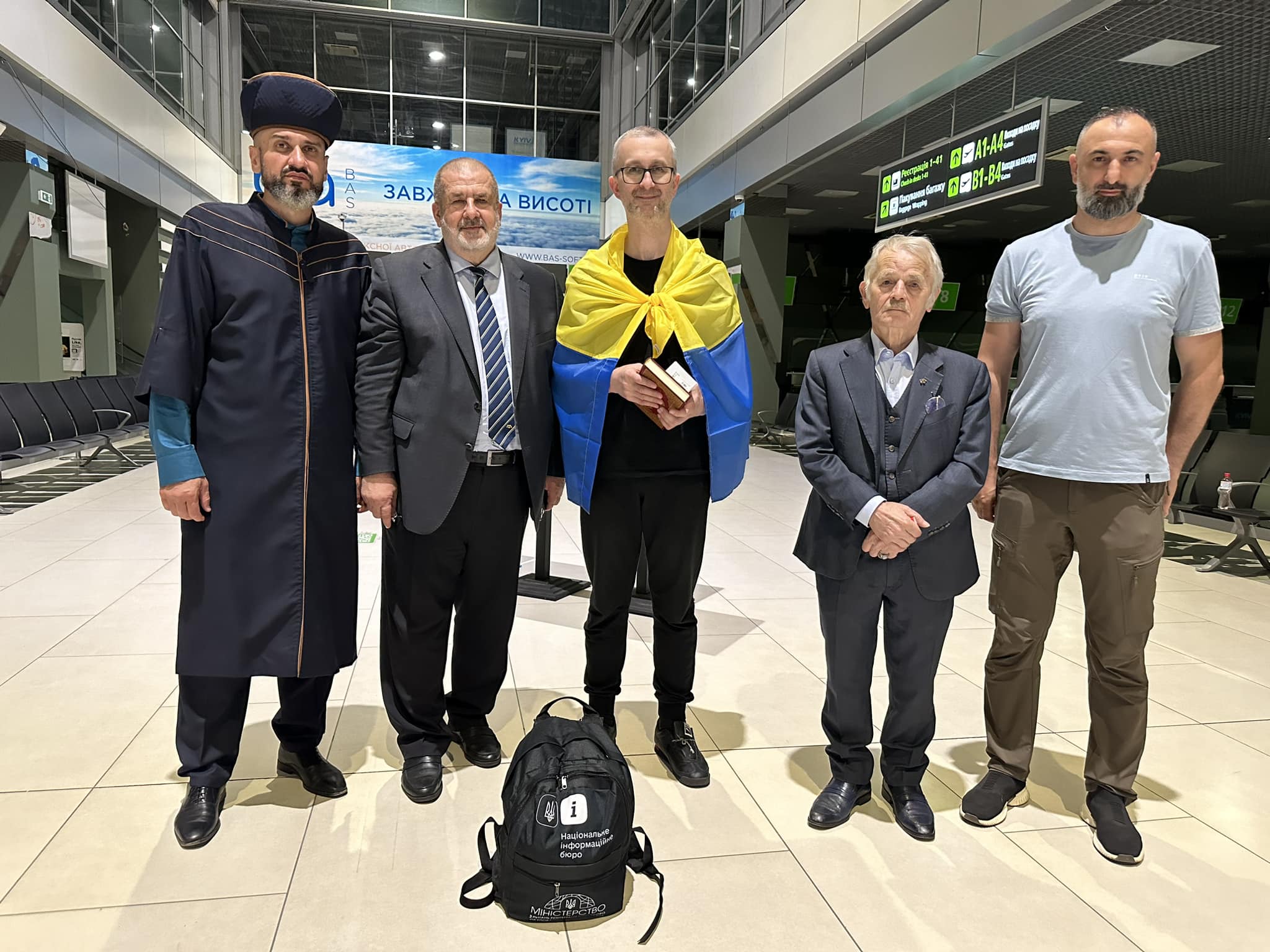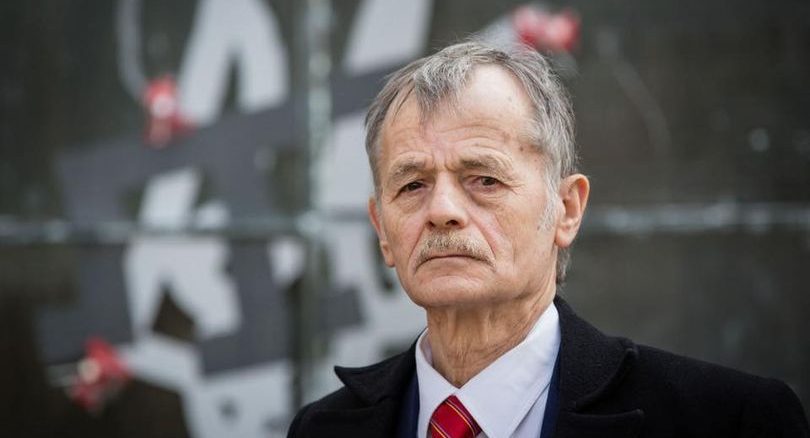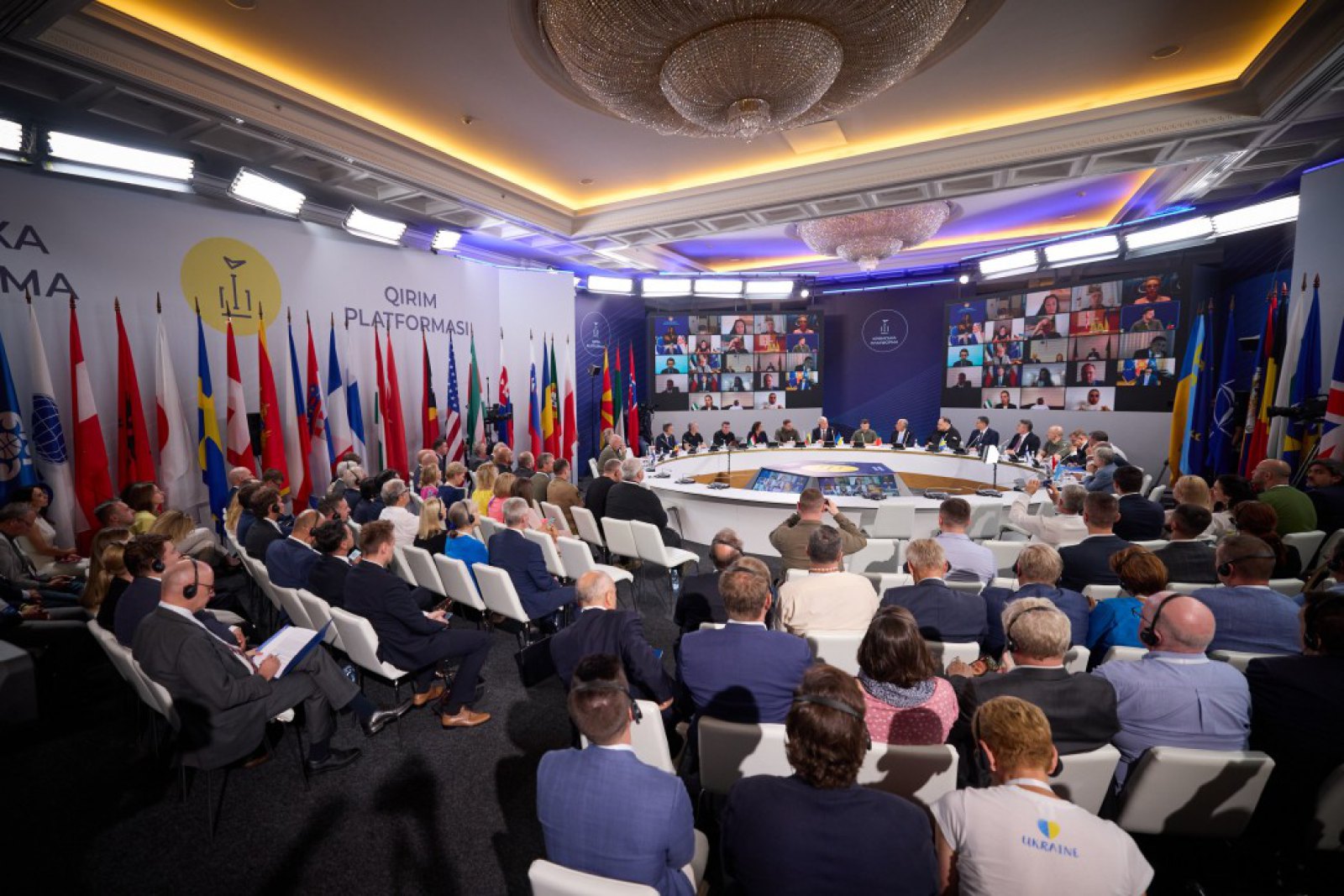Our Children are Taught Enemies
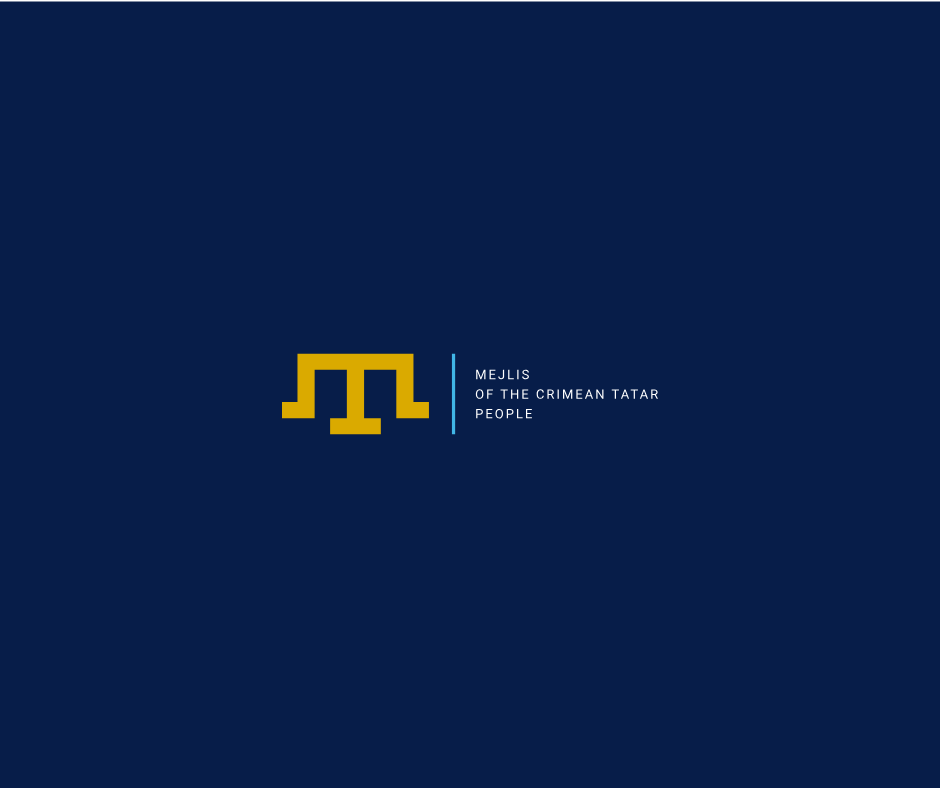
On June 7, 2011 the seminar was held in Bakhchisaray as a follow up of the research made in the framework of the project titled “Tolerant textbooks – tolerant society”, implemented by the public organization “Council of Teachers” supported by the International foundation “Revival”.
Gulnara Bekirova made an opening speech noting that the Ukrainian history has quite many myths and ethnocentric nature. Despite the fact that Ukraine is a home for many ethnic groups and nationalities, their history do not covered by the textbooks, otherwise the historic facts often distorted or presented in an unsightly, lop-sided way. According to the historian this situation in many respects is caused by the lack of state ethnic policy. It appears that from one side Ukraine boasts with its multi-ethnicity and from the other side it doesn’t know what to do with it.
Elvedin Chubarov presented the results of the research of the text books of the humanitarian cycle for secondary general schools that contain the intolerance against the national and religious minorities. According to Elvedin-aga 52 textbooks were examined. Here are some examples.
For example, the author of the textbook on the History of Ukraine for the 5 year Viktor Mysan in order to show the warlike character and cruelty of Crimean Tatars wrote, addressing to the school children: “Crimean peninsular depended on Turkey. The Turkic state was stronger and subjected Crimean Khanate. Turkish–Tatar nobility expanded their lands for the account of aggressive military campaigns. They were especially interested in Ukrainian lands. The soldiers of Turkish – Tatar troops became a kind of hunters during such invasions. They “chased” people. Young strong men were used as oarsmen on galleys, in agriculture and construction. Children, women and elderly people were used in housekeeping. Thousands of slaves were sold in Crimean and Turkish markets. Infidels often used to steal the members of noble families in order to obtain a ransom”.
Describing the public order and social structure of the Crimean Khanate the authors of the textbook on the History of Ukraine for the 7thyear Smoly V.A. and Stepankov V.S. stressed in every possible way the backwardness and primitivity, early character of new Crimean Tatar society where the feudal relations only appeared, in order to justify then its bellicosity and aggressiveness against the neighbor territories: “Before the beginning of the 16thcentury Tatars practiced nomad cattle breading, primitive agriculture was only conceived. They were free and paid a little tax to Murzas. Much attention was given to soldiery from the very childhood. Crimean army had no equal on mobility in the world: it could make around 120 km per day. The Khanate’s economy had archaistic nature and as a rule didn’t meet the material demands of the majority of the population that was poor and often suffered from hunger. That is why, in order to improve their situation Tatars often made predatory attacks on the neighbor lands, first of all Ukrainian, and took many people to Yasyr in order to sell them to slavery in the slave markets”.
As Elvedin Chubarov has noted that every examined textbook on the History of Ukraine for 9 – 11 years for the secondary school are also united by one Ukrainian paradigm.
“The events and the historic processes in the 19th– 20thcenturies and in the 21stcentury are regarded exclusively on Ukrainian lands and from the point of view of situation and development of the Ukrainian people. All other peoples and ethnic groups that took part in formation of the Ukrainian political nation on the territories that entered to the boundaries of the modern Ukrainian state “fall out” from this description, on some reason, becoming a kind of uninteresting for the authors. Such approach results in appearing of “sterile” textbooks that do not reflect the cultural and ethnic diversity of our country,- Elvedin Chubarov said. – Unfortunately, Crimean Tatars are unfairly forgotten in these text books. There is no mentioning of them neither when it comes to the social-political movements, nor in the context of social-economic situation (including, deprivation of land and mass emigration from Black sea region steppes and Crimea), nor concerning their cultural and religious life, starting from national revival, related to the activity of the enlightener I.Gasprinsky”.
The participants of the seminar also discussed the questions related to preparation to the round table titled “Intolerant attitude to national and religious minorities on the pages of textbooks,” to held on June 22 this year.
Nariman JELYAL, newspaper “Avdet”
